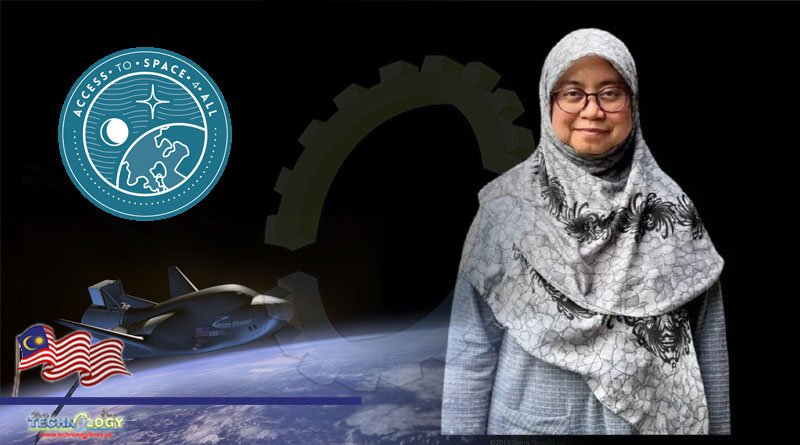Norilmi is one of 100 participants chosen for UN Space program who will share experiences and mentor young women interested in STEM to help them advance in space field.
Dr Norilmi Amilia Ismail, a lecturer in the School of Aerospace Engineering at Universiti Sains Malaysia (USM), has been chosen as the only Malaysian mentor for UN Space 4Women programme.
Norilmi Amilia, 41, from Kuala Selangor, has worked at USM since 2012. The Space4Women project is overseen by the United Nations Office for Outer Space Affairs (UNOOSA).
According to Norilmi Amilia, she is one of 100 participants chosen for UN Space programme from around the world, who will share experiences and mentor young women (mentees) interested in Science, Technology, Engineering, and Mathematics (STEM) to help them advance in the space field.
The UNOOSA secretariat will choose the mentees. The UNOOSA selection process was based on applications that were open to anyone interested in space studies.
“Alhamdulillah, I am excited to be able to expand my network in the field of space after working hard to put the name of the country in the international arena for the past 10 years.
“Becoming a mentor is an honour for me because it requires extensive knowledge and experience in the field while also yielding results for all of my efforts,” she said.
Norilmi Amilia previously worked with 11 USM engineering students to set a record as the first Malaysian team to compete in a rocket-launching competition organised by Spaceport America Cup 2022 on June 21–25, 2022.
It was the largest university conference and competition to launch high-powered rockets into the atmosphere. UNOOSA was founded with the goal of providing educational and career opportunities in outer space and STEM to women all over the world.
The project aims to ensure equal involvement and participation in the fields of space exploration, science, and technology as part of successfully meeting SDG 4 (quality education) and SDG 5 (sustainable development goals). Gender equality is number five.
The United Nations Office for Outer Space Affairs began as a small expert unit within the United Nations Secretariat to support the ad hoc Committee on the Peaceful Uses of Outer Space, which was established by the General Assembly in its resolution 1348 (XIII) on December 13, 1958.
